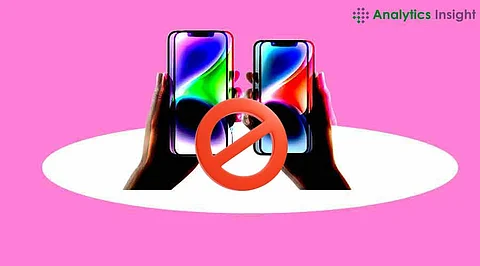

Apple has hit a regulatory roadblock in Indonesia, as the government announced a ban on selling the latest iPhone 16 series in the country. The decision, based on Apple’s failure to meet Indonesia’s domestic content requirements, prevents the tech giant from marketing the new device in Southeast Asia’s largest economy.
According to a statement by Indonesia’s Ministry of Industry on October 25, Apple’s Indonesian subsidiary, PT Apple Indonesia, has not met the 40% local content rule that applies to smartphones and tablets.
Indonesia’s local content regulation, introduced in 2017, mandates that smartphones sold in the country must contain at least 40% domestic content, achieved either by sourcing local materials, employing Indonesian workers, or setting up production facilities in the country.
While Apple has invested approximately 1.5 trillion rupiah ($95 million) in Indonesia, this falls short of the 1.7 trillion rupiah commitment required to meet the regulatory criteria. Instead of local manufacturing, Apple has so far opened four developer academies in Indonesia, which focus on training local talent. However, these initiatives haven’t been enough to satisfy the government’s requirements.
CEO Tim Cook has previously mentioned that Apple is exploring the feasibility of establishing a manufacturing presence in Indonesia, yet it remains unclear whether this will happen soon enough to reverse the current ban. In contrast, competitors like Samsung and Xiaomi have already set up local manufacturing facilities to comply with Indonesian regulations, giving them an advantage in the local market.
Indonesia, with its young and tech-savvy population, is a promising market for smartphone makers. Although Apple ranks outside the top six smartphone brands in Indonesia, the nation’s rapidly growing demand for tech products makes it a valuable market. According to government data, the country has more than 350 million active mobile phones, which exceeds the population of 270 million.
Apple’s recent ban could slow its market expansion, especially as rivals continue to benefit from strong sales in this emerging market. In neighbouring Asian markets, Apple has seen healthy initial sales for the iPhone 16, making the Indonesia restriction a setback for its regional growth.
An estimated 9000 units of the iPhone 16–even if banned–have ultimately breached Indonesian Frontiers via hand-carried imports before actual travellers or even postal delivery. Nonetheless, these phones are very limited in use and cannot be resold. In addition, Indonesia has a policy where all phones bought abroad have to be registered with the authorities and import duties also apply, putting an extra burden on Indonesian users wishing to acquire the latest device.
